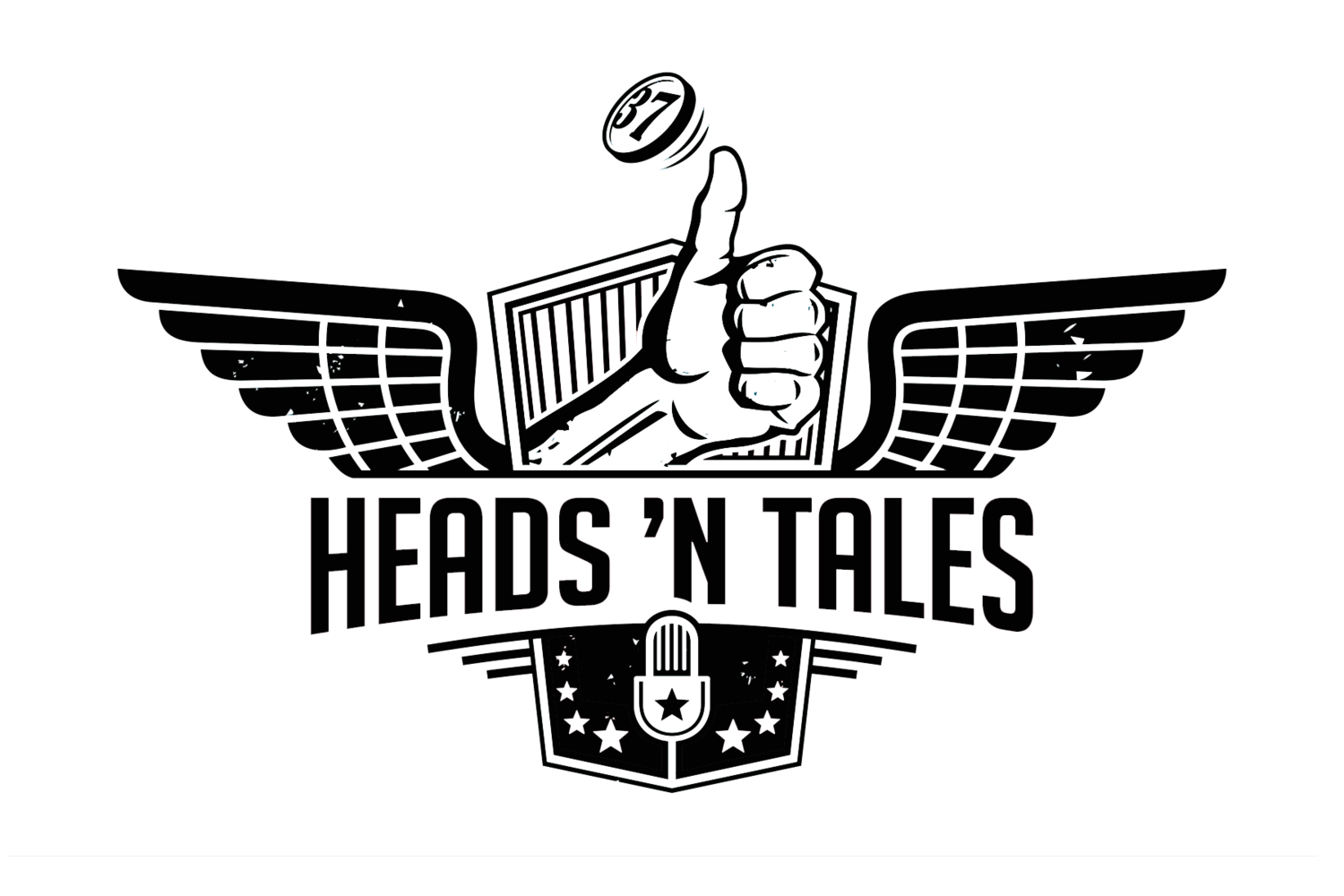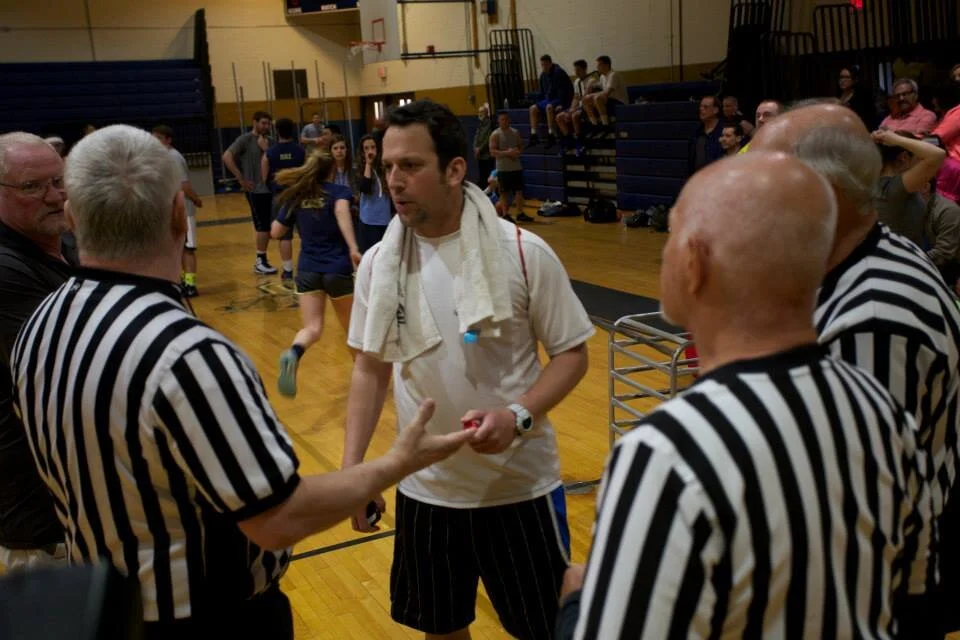Brian O' Leary & Nick Hess, London Irish Rugby
Last week the London Irish Rugby club was in the United States for a match against Saracens, which took place at Red Bull Arena on March 12, 2016. Brian O'Leary, Head of Medical Services for the London Irish Rugby Club, spoke at Atlantic Sports Health in Morristown, New Jersey about the latest athlete health and safety management in professional rugby. Being an employee of Atlantic Sports Health, I took it upon myself to invite Brian and his colleague Nick Hess, Senior Physiotherapist, to do an interview and talk about trends in health and safety in their sport and how it can help improve safety in other sports like American Football.
Brian and Nick were both former rugby players themselves and they start off by talking about what led them to become Physiotherapists and what they loved most about the sport. It was interesting to see the similarities in cultures between rugby and American football. Brian and Nick both mentioned how the core values of respect, discipline, toughness and physicality were what they loved most about the sport. These same values are the reason why I and millions of people around the US love American football so much. Brian mentioned how there was recently a push over in England to ban tackling in youth rugby similar to the idea of forbidding tackle football until kids reach high school age. We all were in agreement that we don't believe this is the answer to making the games safer.
Brian O'Leary (Left) and Nick Hess (Right)
Later in the interview Brian and Nick talk about the data they collect on each athlete to monitor their overall wellbeing in an effort to prevent injuries. For example, the London Irish players all wear GPS devices to measure there milage for the day and the medical staff looks for spikes in their training volume, which then raises a red flag to follow up with that individual. In addition, each player takes a rate of perceived exertion survey every morning which ask's them about their sleep, stress, muscle soreness and mood. This measurement is also used to red flag athletes who need to be monitored more closely.
My favorite part of the conversation was when we talked about what American football can learn from the sport of Rugby to make the game safer. Brian and Nick both talked about the major difference between the sports is the flow of the game. In American football, there is a stoppage of play after each tackle made, whereas in Rugby the game is continued and many times to ball is pitched to another player. The continuous flow of the game makes it more risky to go for a "kill-shot". I think there is a lot of potential in this idea to take some of the unnecessary or big-hits on defenseless receivers out of the game.
Nick Hess is responsible for long-term injured players and he and Brian both talk about how they also serve the role of sports psychologist at times with the athletes. We talk about how to get the most out of your rehab program and how to stay on your game mentally and emotionally throughout the process. Unfortunately, every athlete's career comes to an end at some point and it can often feel like the loss of a close friend or relative. Brian talks about the grieving process that some of his athletes go through. If you are an athlete who has recently suffered a career ending injury checkout episode 23 with another Irishman, Liam Mulcahy!
Both rugby and American football are high contact sports and therefore have high incident rates of injury. Why are these two physically brutal games, which have left many athletes beaten, battered and debilitated (and in my case almost dead), so popular among the athletes who play and the fans who watch? I don't know if there is a good answer to this question, but I know that if I could do it all over again I undoubtedly would. I still have dreams about playing under the Friday Night Lights. It might be the glory, camaraderie, or the impressive display of athleticism and tactical strategies that unite entire nations and communities around the world. Whatever it is, I hope sports like rugby and football will be around long into the future and my hope is that this episode will spark a conversation about how to improve health and safety in all sports.
Where can you learn more about London Irish Rugby?




